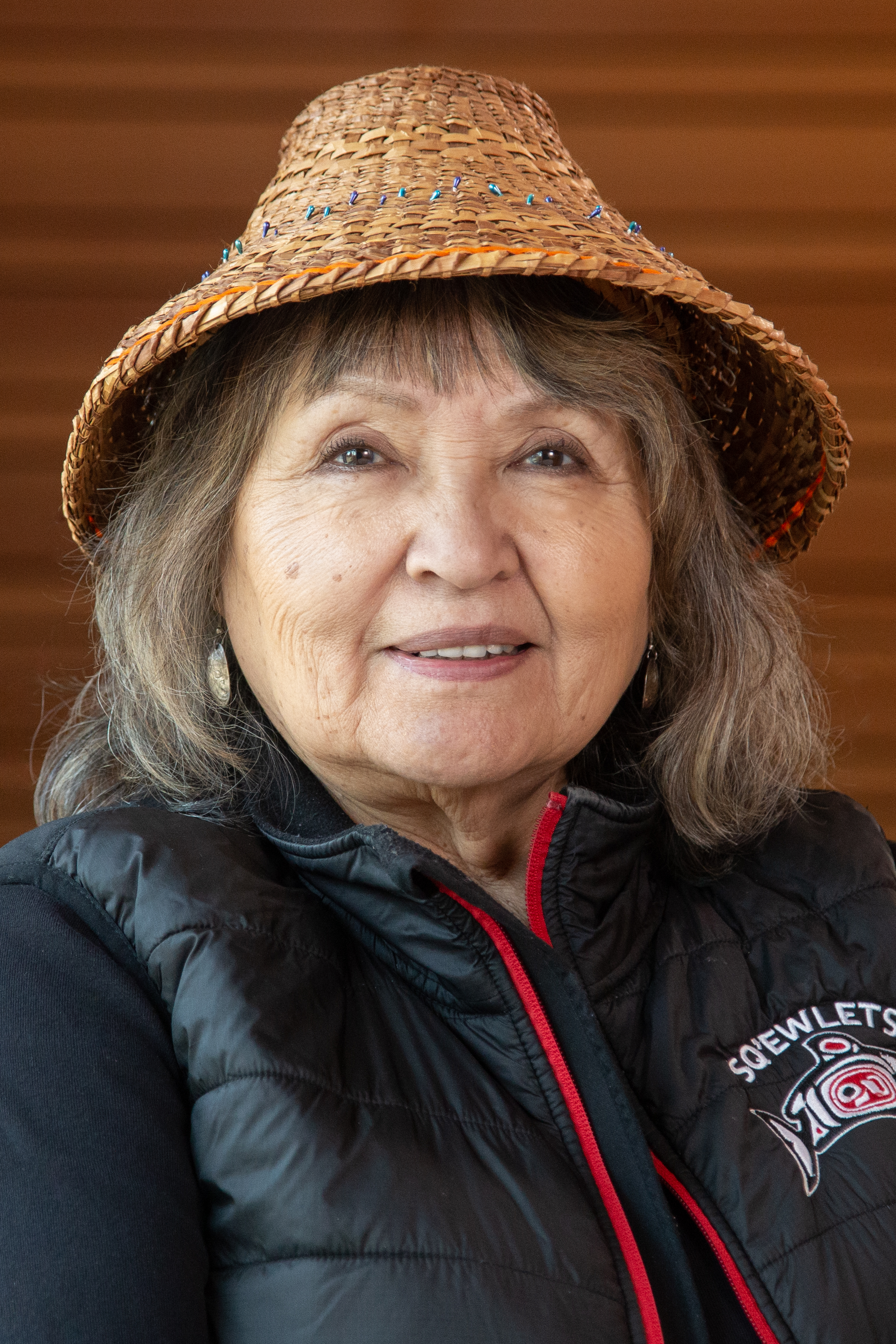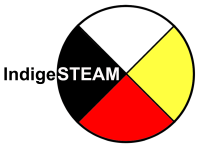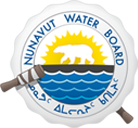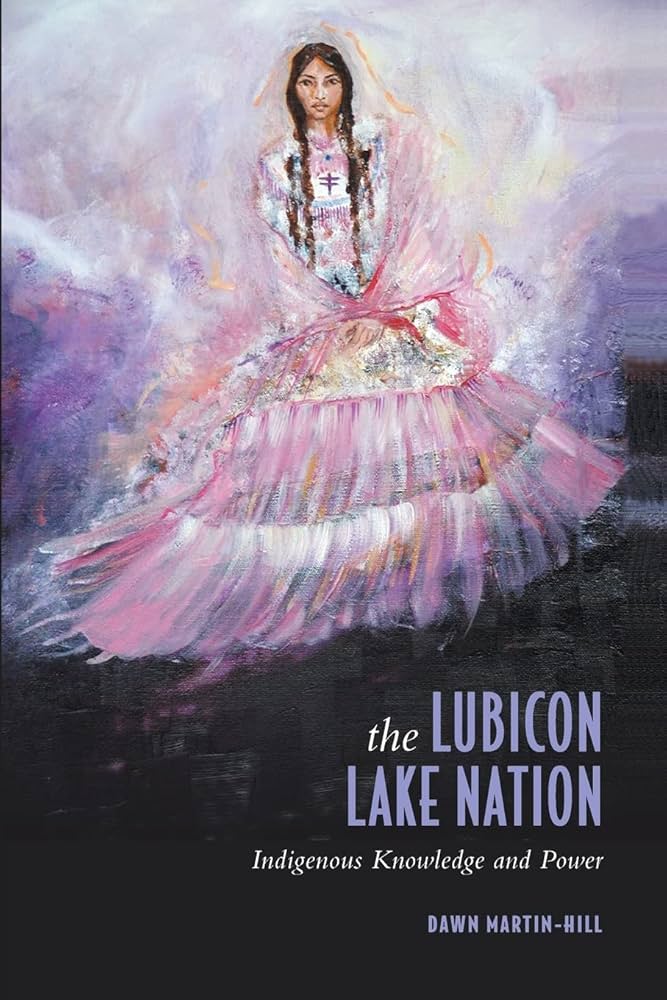



The Lubicon Lake Nation strives, through a critique of historically-constructed colonial images, to analyze the Canadian government's actions vis-à-vis the rights of the Lubicon people. Dawn Martin-Hill illustrates the power of indigenous knowledge by contrasting the words, ideas, and self-conceptualizations of the Lubicon with official versions of Lubicon history as documented by the state.
[from Amazon]

Recently, Native scholars have started to reclaim research through the development of their own research methodologies and paradigms that are based in tribal knowledge systems and values, and that allow inherent Indigenous knowledge and lived experiences to strengthen the research. Reclaiming Indigenous Research in Higher Education highlights the current scholarship emerging from these scholars of higher education.
[from Amazon]

This book aims to create a comprehensive, integrative knowledge base for the assessment of Arctic sustainability for countries such as the United States, Canada, Greenland, Iceland, Norway, Sweden, Finland, and Russia, alongside emerging ideas about sustainable development in the Arctic. These ideas relate to understanding how a community’s geography matters in determining the required sustainability efforts, decolonial thinking for building sustainability that is crafted by and for local and Indigenous communities, and the idea of polycentrism (i.e., that the paths toward sustainability differ among places and communities).
[from Amazon]
As provincial legislation pertaining to water is being proposed and federal strategies are being implemented, First Nations are voicing concern about not only their lack of input in these initiatives, but also the virtual absence of any cultural reference therein. The Chiefs of Ontario, in collaboration with Environment Canada, embarked on a project to capture some of the First Nations’ traditional views on taking care of water, and how this knowledge can fit with current government source water protection plans.
[from NationTalk]

As a botanist, Robin Wall Kimmerer has been trained to ask questions of nature with the tools of science. As a member of the Citizen Potawatomi Nation, she embraces the notion that plants and animals are our oldest teachers. In Braiding Sweetgrass, Kimmerer brings these two lenses of knowledge together to take us on “a journey that is every bit as mythic as it is scientific, as sacred as it is historical, as clever as it is wise” (Elizabeth Gilbert).
[from Amazon]

"The papers selected for this volume represent a wide range of perspectives on the nature of TEK. They explore the underlying concepts, provide case studies, and confirm once again the importance and, as yet, unrealized potential of TEK in resource and environmental management." [from ProQuest]
© , University of the Fraser Valley, 33844 King Road, Abbotsford, B.C., Canada V2S 7M8

